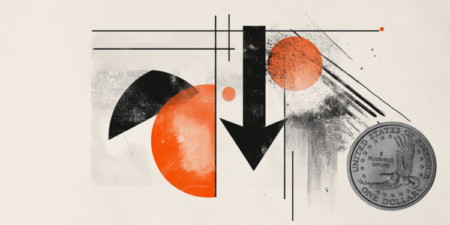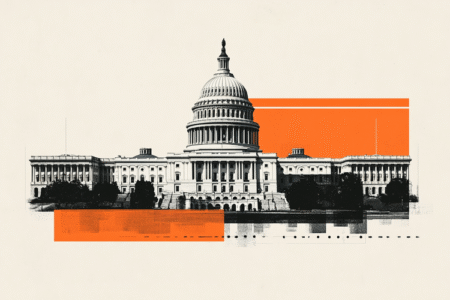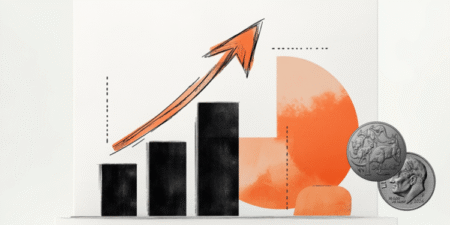- The Swiss Franc and the US Dollar languish on Thursday amid the risk-on mood.
- USD/CHF has found support at 0.8040 but is lacking bullish momentum.
- US Jubless Claims data, due later today, might provide some fundamental guidance to the pair.
The Swiss Franc and the US Dollar are the worst-performing currencies amid the risk-on mood on Thursday, which leaves the USD/CHF pair treading water around 0.8060, awaiting US weekly claims data for further fundamental guidance.
The Greenback seems to have found some support at the 0.8040 area following a two-day reversal from 0.8120, but upside attempts remain limited as the US Dollar Index (DXY) tests fresh one-week lows below 98.00.
Fed easing hopes keep the US Dollar under pressure
Investors have ramped up expectations of Federal Reserve rate cuts in the coming months, following the weak employment report released on Friday. Futures markets are pricing a 93% chance of a 25 basis point rate cut in September, up from less than 40% one week ago.
Beyond that, US President Trump is expected to nominate the replacement for Adriana Kugler’s vacancy on the Fed’s Government Board. All signs point to a partisan who would endorse the doves’ side, pushing for the president’s agenda of an easier monetary policy.
The Swiss calendar is void today, while in the US, Jobless Claims data is expected to show a 3,000 increase to 221,000 in the week of August 1. Investors will be particularly attentive to these figures, anmid the increasing interest in the health of the labour market.
Swiss Franc FAQs
The Swiss Franc (CHF) is Switzerland’s official currency. It is among the top ten most traded currencies globally, reaching volumes that well exceed the size of the Swiss economy. Its value is determined by the broad market sentiment, the country’s economic health or action taken by the Swiss National Bank (SNB), among other factors. Between 2011 and 2015, the Swiss Franc was pegged to the Euro (EUR). The peg was abruptly removed, resulting in a more than 20% increase in the Franc’s value, causing a turmoil in markets. Even though the peg isn’t in force anymore, CHF fortunes tend to be highly correlated with the Euro ones due to the high dependency of the Swiss economy on the neighboring Eurozone.
The Swiss Franc (CHF) is considered a safe-haven asset, or a currency that investors tend to buy in times of market stress. This is due to the perceived status of Switzerland in the world: a stable economy, a strong export sector, big central bank reserves or a longstanding political stance towards neutrality in global conflicts make the country’s currency a good choice for investors fleeing from risks. Turbulent times are likely to strengthen CHF value against other currencies that are seen as more risky to invest in.
The Swiss National Bank (SNB) meets four times a year – once every quarter, less than other major central banks – to decide on monetary policy. The bank aims for an annual inflation rate of less than 2%. When inflation is above target or forecasted to be above target in the foreseeable future, the bank will attempt to tame price growth by raising its policy rate. Higher interest rates are generally positive for the Swiss Franc (CHF) as they lead to higher yields, making the country a more attractive place for investors. On the contrary, lower interest rates tend to weaken CHF.
Macroeconomic data releases in Switzerland are key to assessing the state of the economy and can impact the Swiss Franc’s (CHF) valuation. The Swiss economy is broadly stable, but any sudden change in economic growth, inflation, current account or the central bank’s currency reserves have the potential to trigger moves in CHF. Generally, high economic growth, low unemployment and high confidence are good for CHF. Conversely, if economic data points to weakening momentum, CHF is likely to depreciate.
As a small and open economy, Switzerland is heavily dependent on the health of the neighboring Eurozone economies. The broader European Union is Switzerland’s main economic partner and a key political ally, so macroeconomic and monetary policy stability in the Eurozone is essential for Switzerland and, thus, for the Swiss Franc (CHF). With such dependency, some models suggest that the correlation between the fortunes of the Euro (EUR) and the CHF is more than 90%, or close to perfect.
Read the full article here















